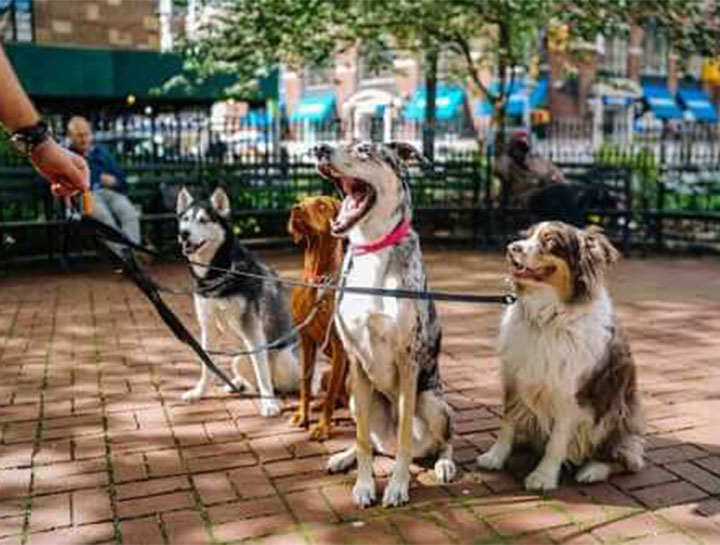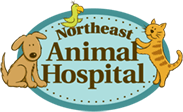The Scoop on Poop

If you enjoy people-watching while you’re out and about in St. Petersburg, you’ll notice one thing that hopefully, all dog walkers have in common. Whether it’s a fancy plastic bag dispenser clipped to the leash or simply a repurposed grocery bag, everyone should be carrying a baggie to scoop the poop.
What’s the big deal if I don’t pick it up?
Did you know that the droppings from an average size dog produce 3 billion fecal coliform bacteria? That’s near twice that of human waste! With 4 out of 10 U.S. households having a dog, America’s 71 million dogs produce 29,000 tons of waste each day! Just in the Tampa Bay region, we have about 500,000 dogs depositing around 125 tons of poop a day. That’s a LOT of bacteria! And with a new national survey saying that 38% of dog owners don’t clean up after their pets, that means an average of 50 tons of dog poop is left on the ground each day in our area.
According to information found on Pinellas County’s website, research has shown that up to 95% of the fecal coliform found in urban stormwater comes from animals. But how does it get there? When it rains, dog feces left on the ground washes into the nearest pond, lake, stream, or bay. Dog waste adds nutrients to our waterways –but wait… nutrients are a good thing right?! Not when it comes to the balance of waterways. Excess nutrients promote the growth of algae that clouds the water and prevents sunlight from reaching seagrasses that are vital to our ecosystem. In addition, severe algae blooms can consume dissolved oxygen in the water, killing fish and other aquatic creatures.
Here’s a fun fact for you: Men are less likely to pick up after their dogs than women. Besides being a man, here are some other reasons people don’t pick up the poop:
Top 5 Reasons People Don't Pick Up After Their Pets
- Because it eventually just goes away
- I don’t want to (it’s gross)
- Too much work
- The dog goes on the edge of my property, where I don’t walk
- It’s in my yard (where it doesn’t bother anyone)
Top 5 Reasons People DO Pick Up After Their Pets
- Environmental reasons
- Hygiene/health reasons
- Neighborhood courtesy
- It should be done
- It’s the law
Source: Pinellas County Animal Services

That’s right, it’s the LAW!
Not only is not scooping up after your dog bad for the waterways, bad for the parks, and bad for the poor neighbor who got left with an unwanted “surprise,” it can be bad for your wallet too –if you get caught.
A city outside of Tel Aviv, Israel, collects DNA from dog droppings to match against a dog DNA registry used to identify owners who didn’t pick up, and in some US states fines can be as high as a few hundred dollars. While local authorities aren’t going to that extreme, you could be fined if you are seen repeat offending. You could even wind up in court if your neighbors have had enough. One Judge in Tampa usually sees a poop case or two a month, viewing such evidence as photos or video of an offending dog using the plaintiff’s lawn.
St. Petersburg has changed the law on poop scooping dating back to 1973. Previously, a dog owner only had to pick up poop if it wasn’t on their personal property, but now the law has been expanded so that no property, residential or commercial, could be found to have dog excrement on it to the point that it creates a health hazard or a public nuisance, even if it’s your own.
Health Hazard?!
What health hazard could dog poop cause? In a word: parasites. We have seen a rise in the number of hookworm cases we have seen. In fact, by September of 2018, there had been 1,268 reported positive cases of hookworm in Pinellas County, versus 1,201 cases in all of 2017.
Hookworms got their name because they hook themselves to the intestinal lining of their host, whether animal or human. It feeds off blood vessels causing a range of symptoms to anemia, diarrhea, weakness, and in some extreme cases, death, according to the American Kennel Club. It’s easy for a healthy animal to become infected just by sniffing or eating contaminated feces or soil. The easiest way to help prevent hookworms and other fecally transmitted parasites is to clean up after your pet after they poop.
So, as you slip on your shoes and grab the leash, remember the doggie bag.
